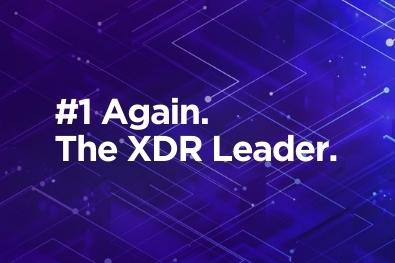|
|
Everyone needs logs but sometimes they seem hard, especially when you are also working in new languages. But really, logging is easier than it might seem. With the success of our first “Getting Started Logging “ eBook we decided to expand our offering of hands-on training and advice on how to log in the programming language of your choice with “Getting Started Logging as Quickly as Possible, Volume 2.” This update covers additional languages and reinforces core concepts behind good log messages.
Logs are still the primary source of truth when you are trying to figure out what went wrong with your service and why. As our systems scale and we deal with ever-more complex environments consisting of discrete and separate parts, be it a public cloud, orchestrated containers with Kubernetes, microservices or serverless/FaaS, proper logging, especially centralized logging, becomes increasingly important.
To make things more interesting, we are constantly introduced to cool new programming languages. Remember when Golang was introduced? (2007). Or Django? (2003). With volume 2, we’ve now covered 17 languages and frameworks, from Angular to Swift. If you are like me, you are fascinated by the emerging languages and their differing focus on solutions. But I honestly admit not having much expertise in the associated logging frameworks, which modern programming languages often have. This eBook not only teaches the ins and outs of good logging practices but also gives hands-on guidance in the associated logging framework. The exercises guide you from setting up your own learning environment all the way through delivering logs that are meaningful to you. And the guidance is from daily practitioners – engineers coding in these languages daily.
Logs are a critical part of the development process and your source of truth when things go wrong. Don’t take logs for granted, treat them as a first-class citizen. Be kind to those who need to read your logs. This book will turn you into a go-to resource on logs and languages.
So grab our “Getting Started Quickly with Logging, Volume 2”. It’s free and informative, and you’ll learn why logs are a foundational part of an overall monitoring strategy and how you can make it part of yours.




